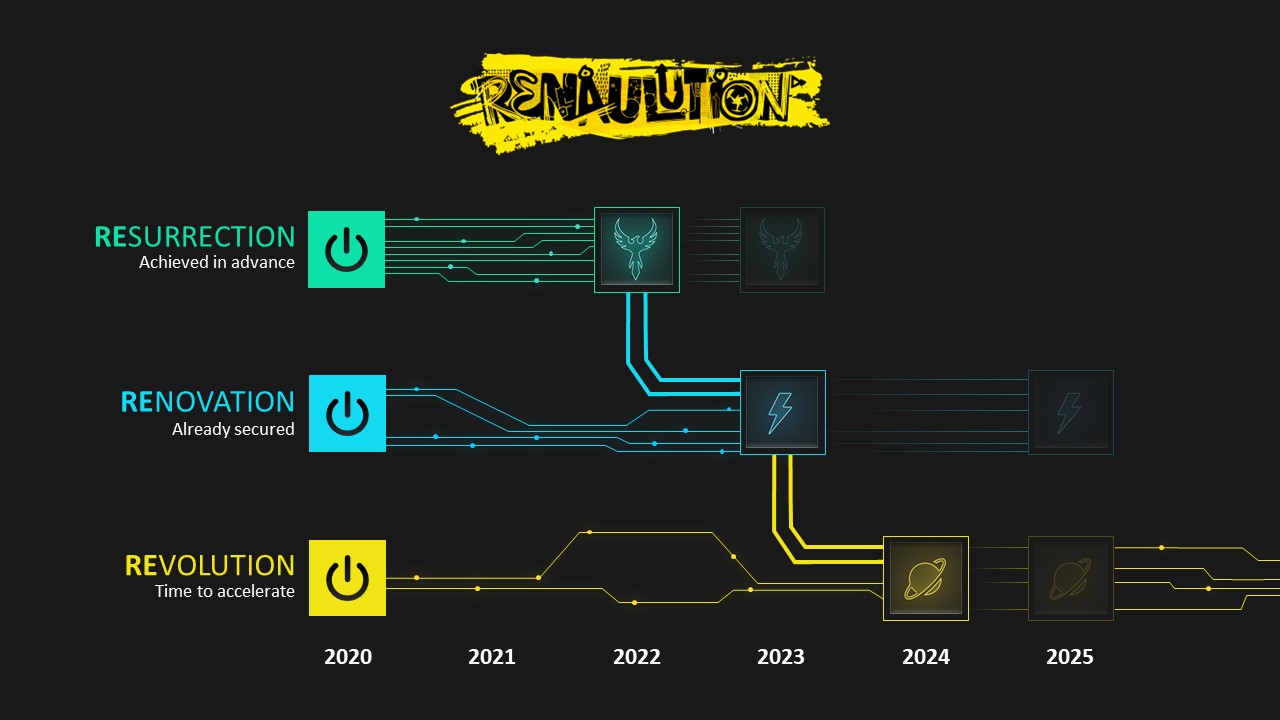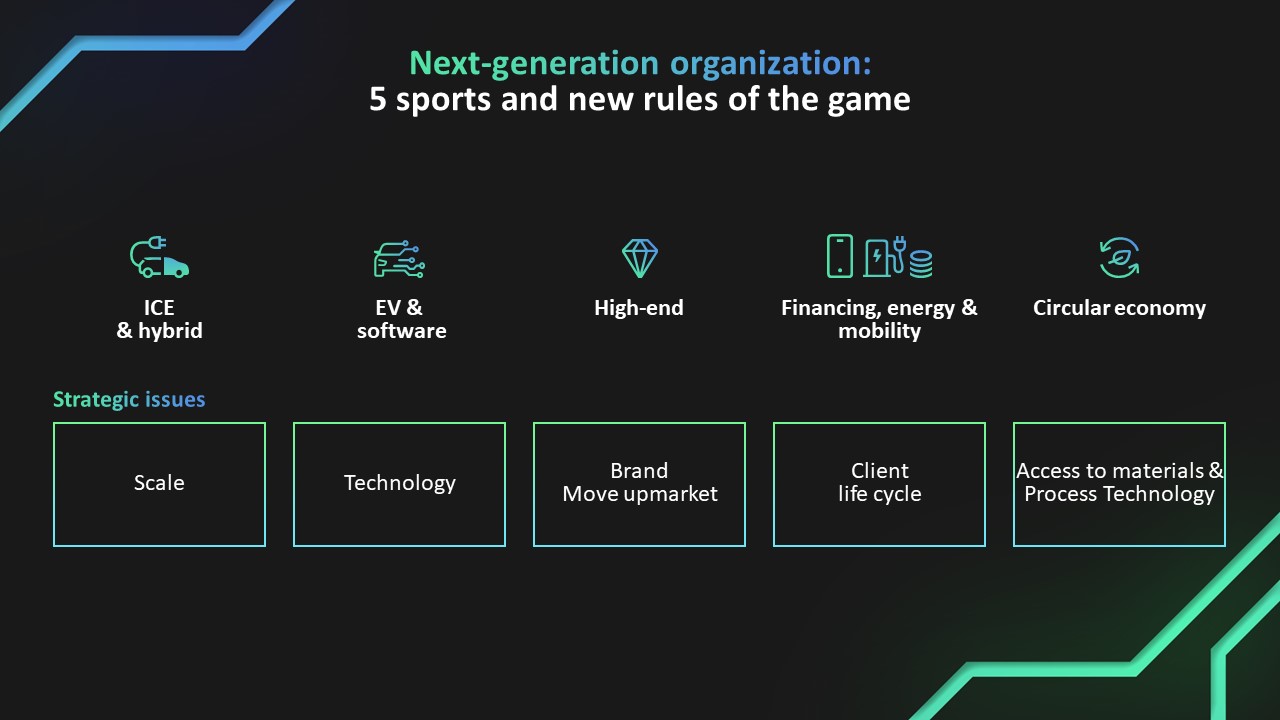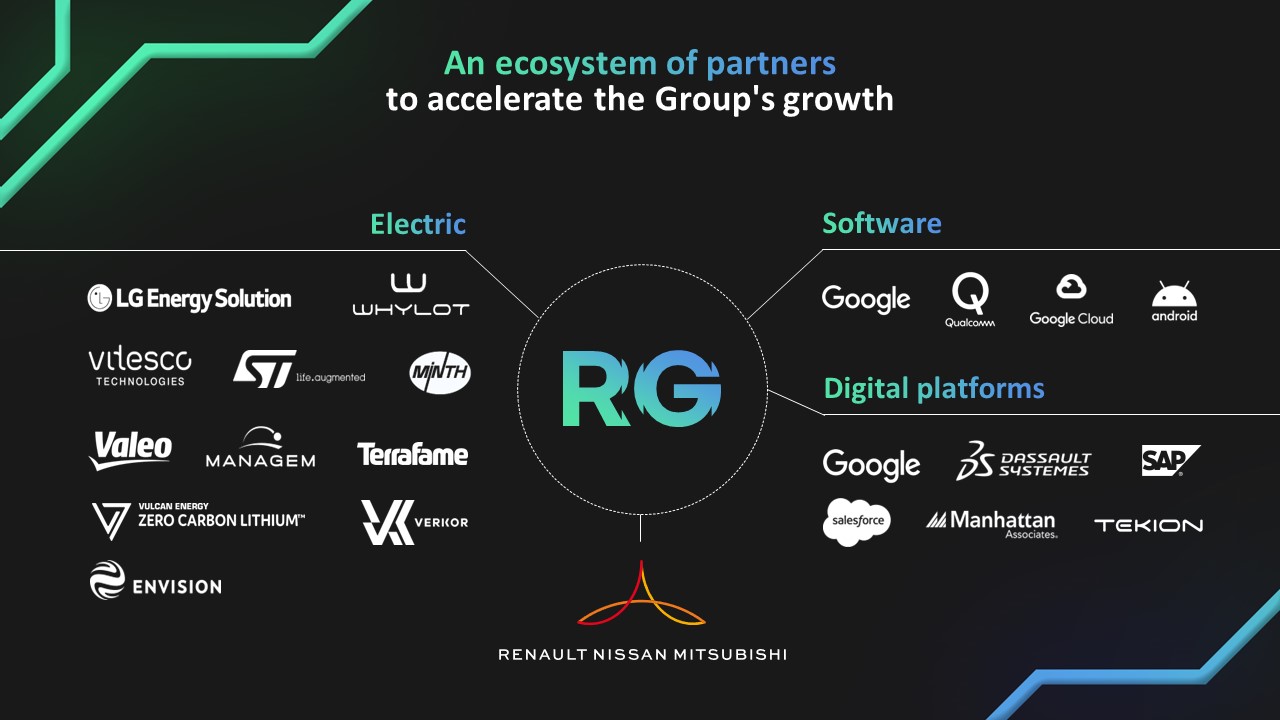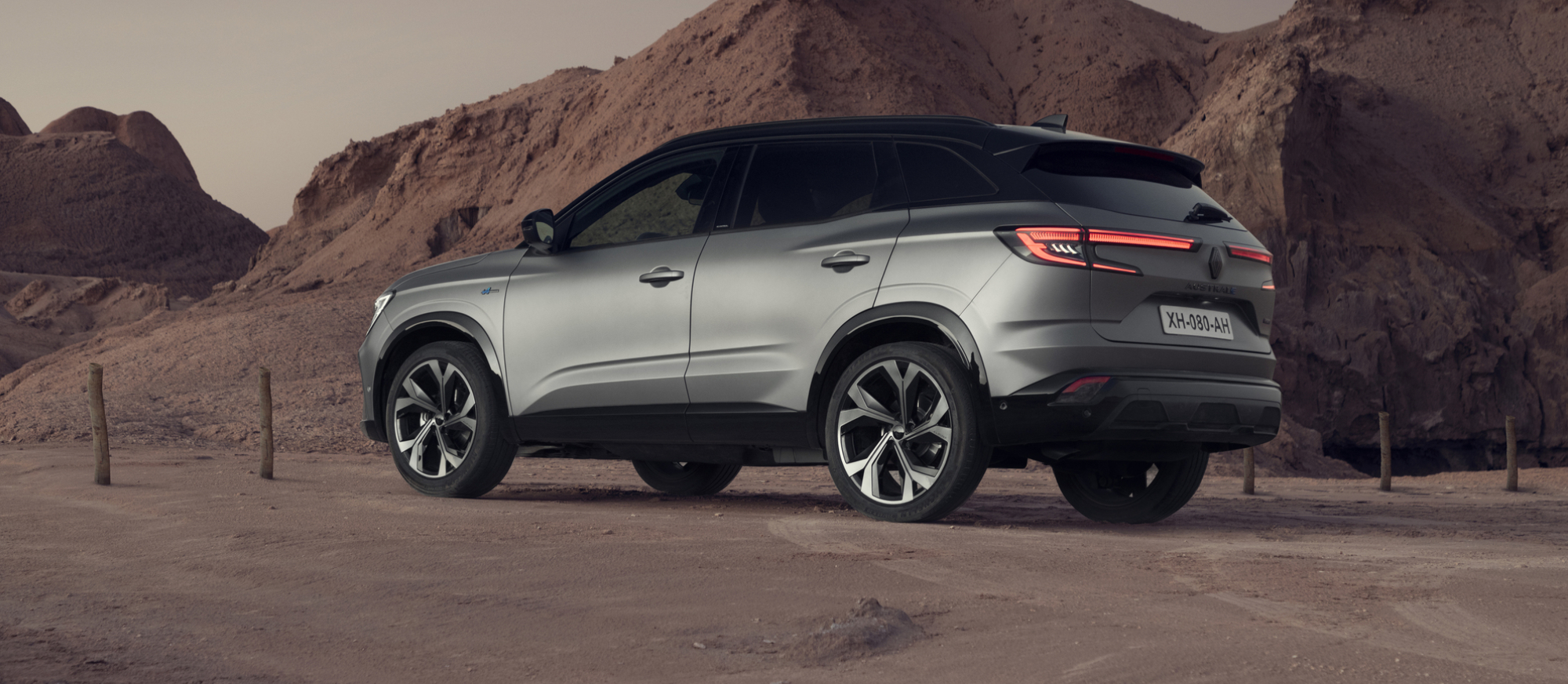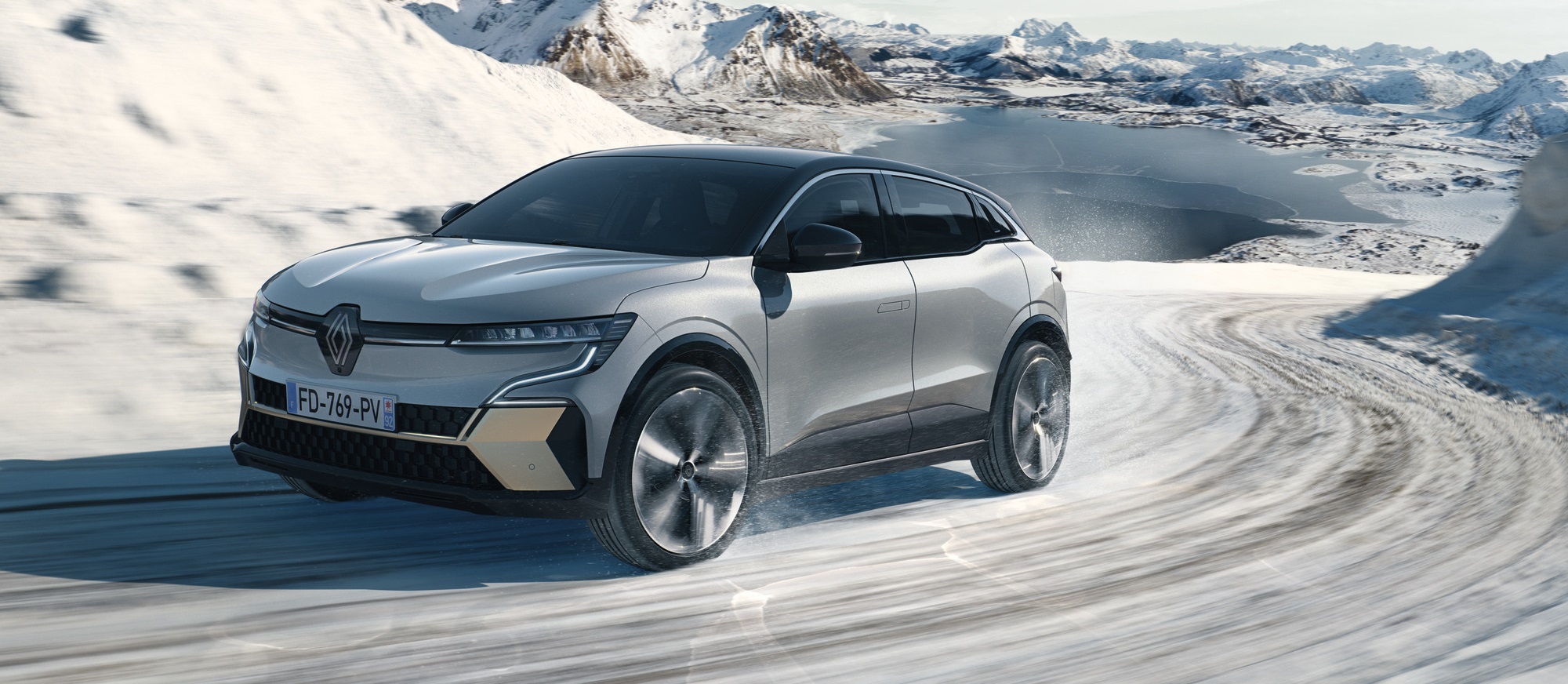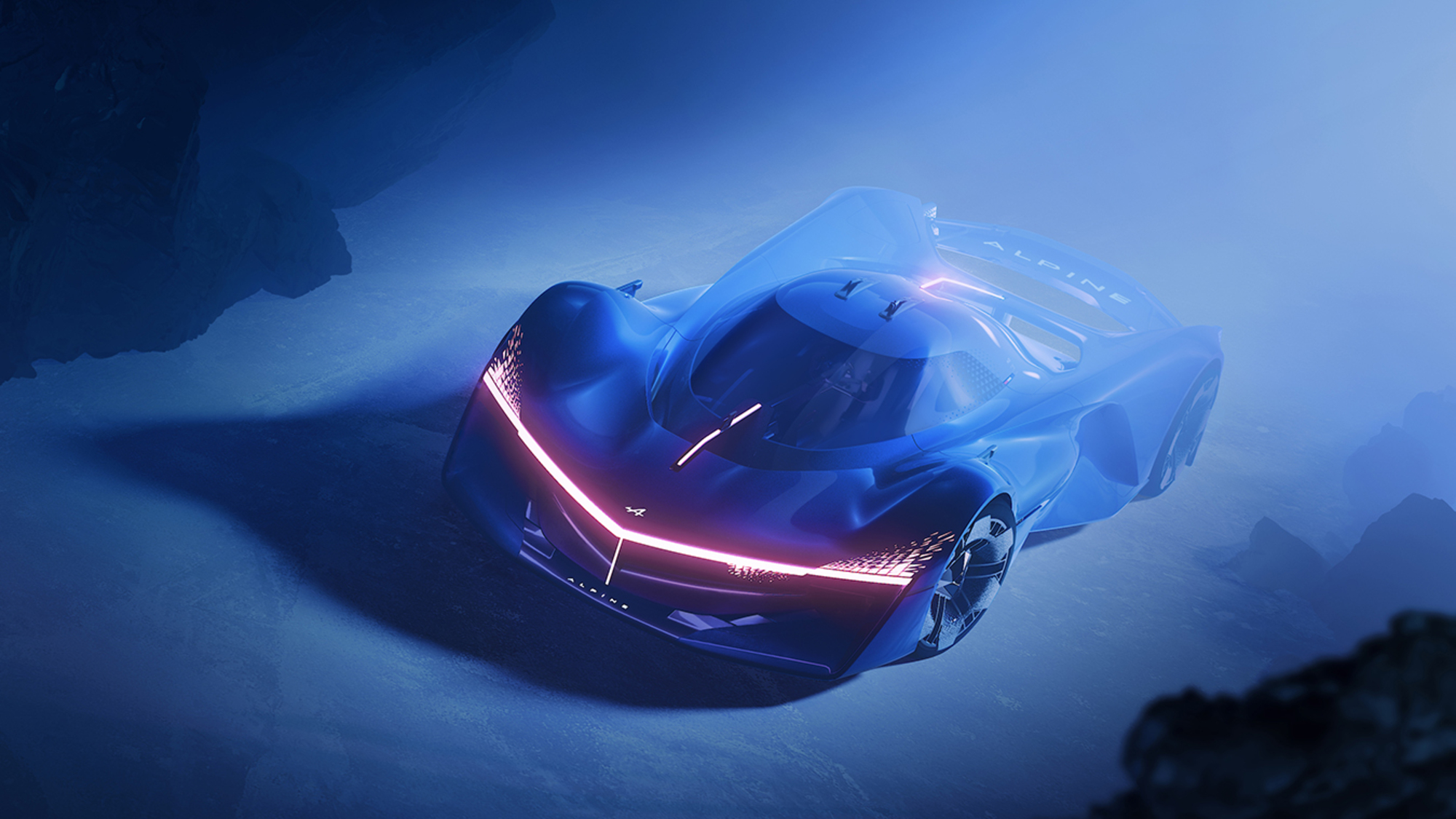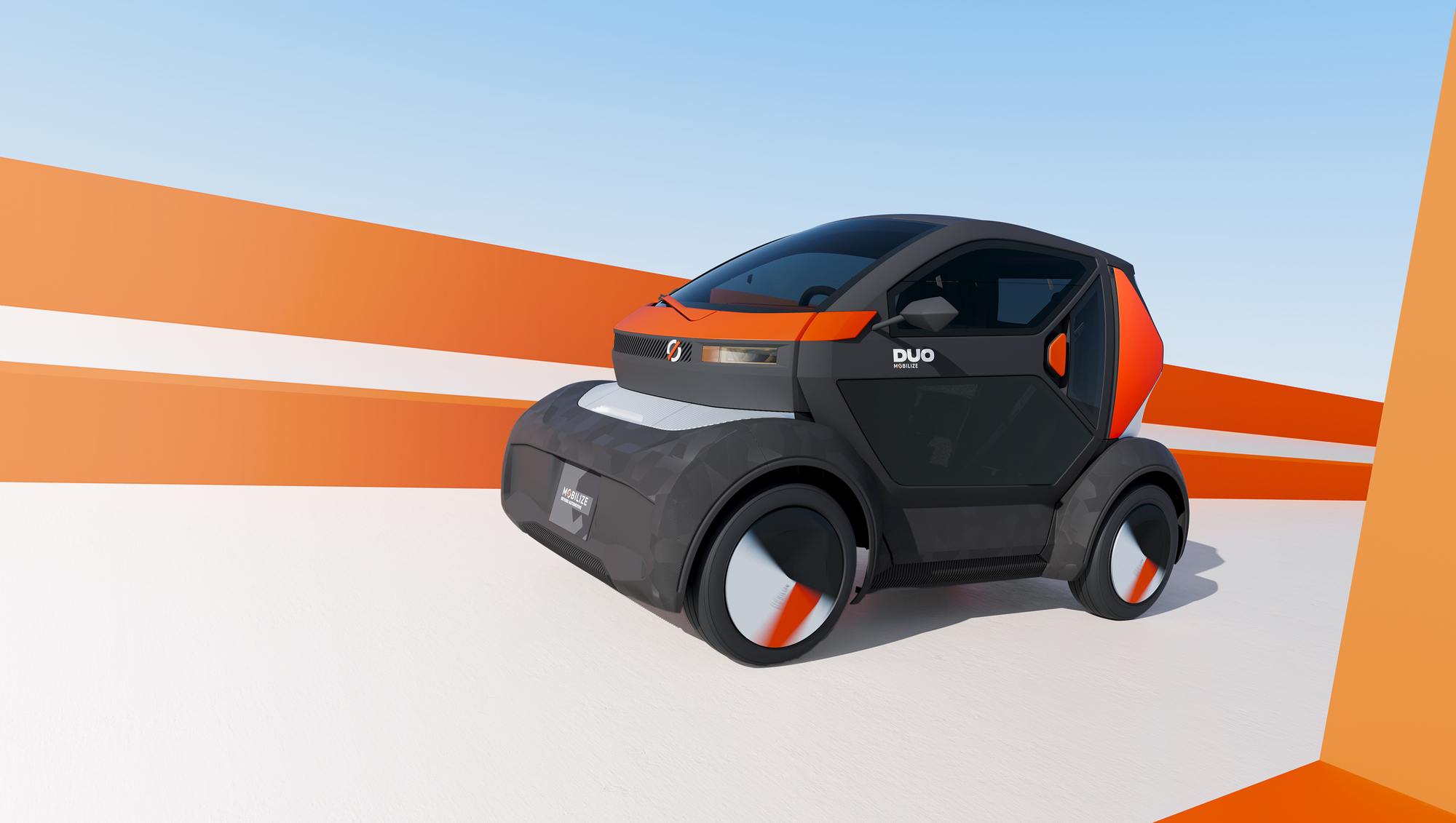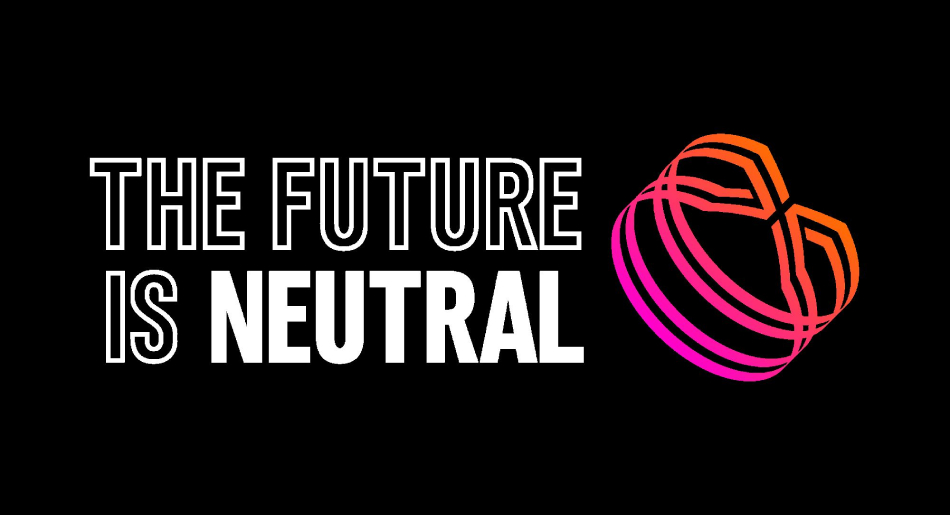

Towards a next gen automotive company
Built on three phases, set in motion simultaneously, the Renaulution plan aims to restore competitiveness by:
- Improving function efficiency and adopting strict cost discipline;
- Harnessing the Group’s industrial assets and leadership in electric vehicles in Europe;
- Leveraging the Alliance’s technological expertise to boost efficiency;
- Taking data services, mobility services and energy services to the next level;
- Tapping into the most competitive and distinctive brands, for customers and markets, and to enhance profitability.
Renaulution: an initial assessment
The Renaulution is already delivering tangible results: the company is more profitable, more competitive and more efficient, its brands are shining brighter, and it is revamping its product line-up.
The Resurrection phase was completed ahead of schedule. The Group is profitable again since 2022:
Group operating margin
achieved 3 years in advance
Automotive free cash flow
achieved almost 1 year in advance
R&D Capex (% of revenue)
since 2021
We reached our 2025 profitability target in 2022.
We generated €2.7 billion by end-2022 and are well on track to meet our €3 billion target in 2023.
And we have set our R&D spend above 8%.
The Renovation phase has started and is standing on firm ground.
The Group is now organised by brand, and this new configuration is producing results: Renault, Dacia and Alpine are now strong independent business units, and the Group has created Mobilize to take on the new challenges facing mobility. This reorganisation was the first step to streamline the Group around consumers’ needs and to transfer the focus to performance.
At the same time, we will market the best line-up in these past 30 years, with 25 launches from 2022 to 2025. This new range is designed to position the Group on the most profitable market segments while it aims for the smallest environmental footprint in its sector.
In 2023 we are embarking on the Revolution phase: our full transformation to tap into all the growth opportunities arising from the automotive sector’s reshuffle. Our ambition is to become a Next Gen automotive company.
Now, Revolution
New playing fields
The EV & digital revolutions, the shift from selling cars to selling mobility services, and the urge to make our industry sustainable, are radically reshaping the automotive sector.
All these shakeups are opening doors into new playing fields for Renault Group.
Specialisation and horizontal integration
To turn these challenges into growth opportunities, the Group is speeding up its transformation to excel in all the new value chains – technology, industry, services, circular economy and so forth.
To do this, we are setting up specialist teams. The goal is to concentrate their talents, expertise and energy in each field, and thereby move into the lead.
We team up, whenever we can, with the best players in the field to invest together, build together, expand the possibilities for innovation and share risks.
In other words, we are building open ecosystems to take on growing portions of these new value chains.
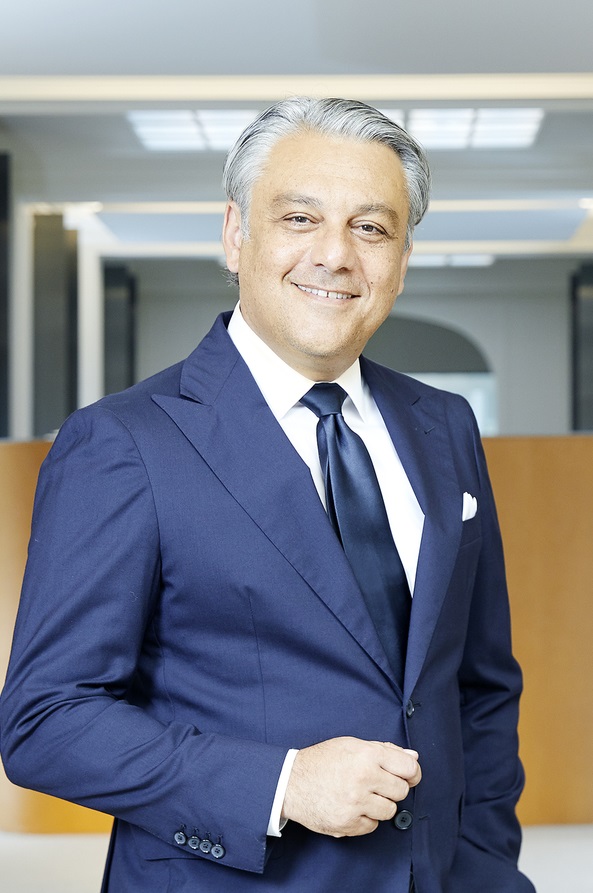
Our determination is to prepare the company for the future challenges and opportunities generated by the transformation of our industry. After having executed one of the fastest and unexpected recovery plans, after having prepared the company for growth by securing the development of the best product line-up in decades, we intend to position ourselves faster and stronger than competition on the new automotive value chains: EV, software, new mobility and circular economy. All this is one of the most progressive re-engineering projects of the recent years in our industry, a Revolution in its kind.
5 value chains, 5 focused businesses
We know that our organisation needs nothing short of a full transformation. And it has started.
It involves creating two new entities (Ampere and Horse) alongside the three existing ones (Alpine, Mobilize and The Future Is NEUTRAL). They are all centred around intrinsically profitable business operations, open to outside investment and built around a consistent array of technologies. They all have autonomous governance bodies and clear objectives. They are:
- The Renault Group's traditional core business will continue to develop combustion and hybrid vehicles under the Renault, Dacia and Renault LCV (light commercial vehicles) brands, each with its own dedicated organization and governance. These activities are grouped together under the Power name. Power will draw on the innovative, low-emission engines offered by the new Horse entity ;
- Ampere, an EV & Software pure player born from Renault Group to lead electric transition in Europe;
- Alpine, a high-end zero-emission global brand with a racing pedigree;
- Mobilize, built around a leading financial services company to enter the market of new mobility, energy and data-based services;
- The Future Is NEUTRAL, the first 360° circular economy company in the automotive industry from closed loop in materials to battery recycling.
Renault Group, a team of teams
While agility and specialisation are key to supporting this transformation, our metamorphosis is also based on a common trunk and solid roots. Our expertise, our teams, our values and our commitments are the cement and the strength of the new Renault Group organisation.
A major technological and industrial group built around a portfolio of benchmark, complementary entities and brands, with the ambition of being a next generation automotive company.
A committed group that encouragenovation that is fair in economic, environmental and social terms, for more sustainable, safe and accessible mobility.
A 100% digitised group that we want to be more efficient and that concentrates its energy on the most strategic and value-creating missions:
- Setting the medium- and long-term strategic course, and the sustainable development trajectory;
- Supporting all the entities and business;
- Delivering economies of scale and synergies;
- Encouraging innovation and transforming skills;
- Ensuring consistency across the board, including the Alliance.
Power, the traditional core business of Renault Group.
We bring together within Power:
- ICE & hybrid passengers cars of the Renault brand;
- ICE & hybrid passenger cars of the Dacia brand;
- LCVs and the technology and service revolution afoot in this segment.
Furthermore, Renault Group & Geely will create a world leader for powertrains, combining both companies’ technology assets, production capacity and R&D capabilities. See below “Our five focused businesses”.
Renault, globally uplifted
Renault will be the first brand in our portfolio to become full EV electric, in Europe in 2030. But it will also be the last to remain ICE & Hybrid due to its international presence, especially in Latin America, India, South Korea, and North Africa where electrification trajectories will be slower.
To do this, Renault has a choice of full-hybrid and plug-in hybrid vehicles in its E-Tech range, which is growing non-stop. It already included Clio, Captur, Megane and Arkana. In 2022, it grew to encompass All-new Austral, which ushered in a new, more powerful, more efficient and more frugal full-hybrid version of the E-Tech system, and All-new Renault Espace. All-New Rafale, our future high-end coupe-SUV, will complete the E-Tech hybrid powertrain family.
In all, Renault brand ICE and hybrid vehicles will continue its C-segment offensive and will grow by 20% its net revenue, while expanding its contribution margin by 30% between 2022 and 2030.
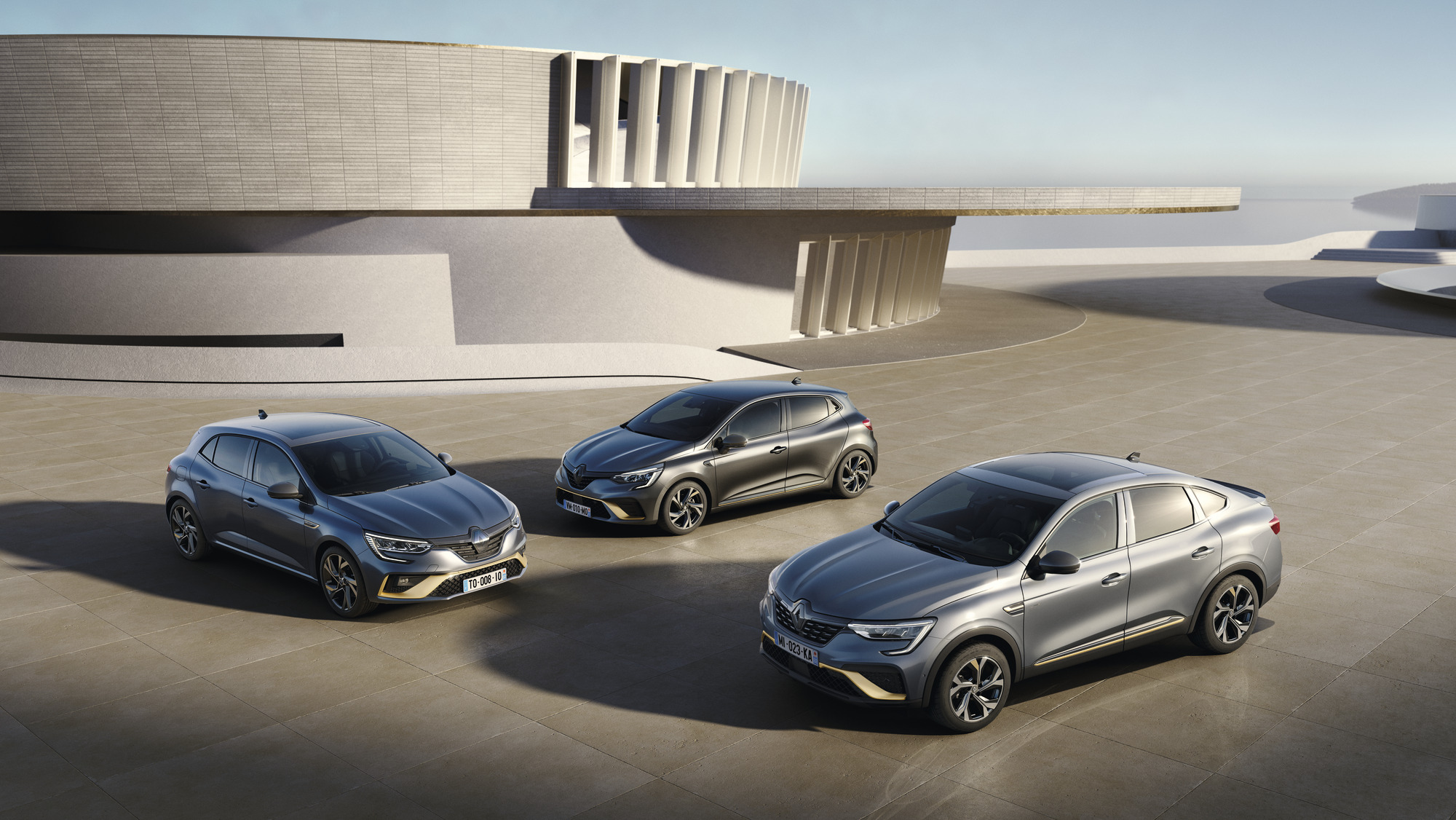
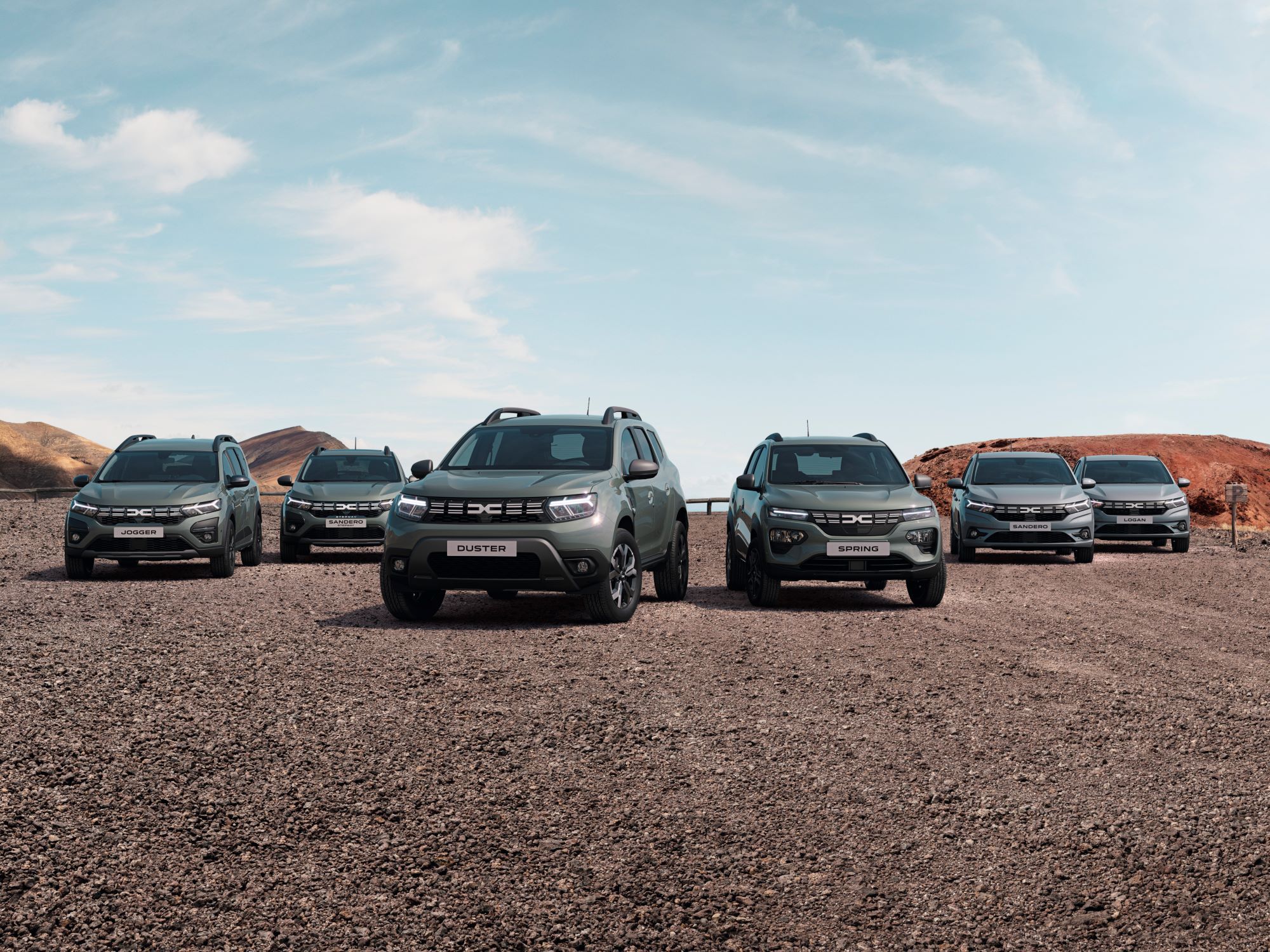
Dacia, a unique value proposition
Dacia is a brand that the Group wants to put at the forefront of the world’s transition to affordable low-emissions ICE and hybrid models.
As its business model is unrivalled, Dacia has few competitors and its profitability is in double-digit territory. Sandero, for instance, has been Europe’s best-selling car among private customers since 2017, and Dacia is one of the continent’s most popular brands. It is the only carmaker growing in Europe’s crisis-ridden automotive sector.
Dacia is already a champion in the B-segment and plans to invest heavily in the C-segment. It started with Jogger in 2021, Dacia Bigster will take up the baton and two other vehicles will follow. Meanwhile, Dacia will continue to reduce its costs and benefit from the plan to double production of the CMF-B worldwide platform to 2 million units by 2030.
Dacia will play its part in reinventing the combustion engine value chain, taking advantage of the revolutionary powertrains developed by the new entity Horse and adapted to the future alternative and synthetic fuels. It will also help smoothen the transition to electric vehicles in Europe by tendering affordable models.
Light Commercial Vehicles : a revolution for professionals
To meet the growing need for low-carbon and efficient logistics, Renault Group is developing two game-changing projects in the LCV business. The Group relies on solid foundations, with more than 5 million vehicles in Europe, an ecosystem of over 600 dedicated Pro+ dealers, 4 plants and the most up-to-date line-up by 2026.
A response to the challenges of the energy transition for light commercial vehicles and last-mile logistics
Renault. Group, Volvo Group and CMA CGM have created Flexis SAS, a joint venture of three champions in their respective fields, for the development and production of an entirely new generation of electric vans and associated services.
The new company benefits from the agility of a start-up, combined with the expertise of three leaders:
- Renault Group, European pioneer of electric vehicles, leader in light commercial vehicles and expert in LCV software and industrial processes with its Sandouville plant;
- Volvo Group, a leading truck manufacturer and expert in customized services;
- CMA CGM, logistics specialist, notably for the automotive industry, and a benchmark in decarbonizing supply chains.
Thanks to these different and complementary areas of expertise, Flexis SAS will meet the new expectations of professional customers in terms of electrified vans, linked to climate change, the weight of ever-changing regulations on CO2 emissions, and the boom in e-commerce and related logistics.
Based in France, the company will be launching a new generation of electric vans in 2026, based on a "skateboard"-type platform, offering high modularity at a competitive cost and real advances in terms of safety. For customers, the new Software-Defined Vehicle electronic architecture will reduce the overall cost of ownership by 30%, and enable the integration of unprecedented activity management and performance monitoring functionalities.
Together, the three partners aim to pioneer and lead the European market for electrified vans, which is set to triple by 2030 thanks to the boom in e-commerce.
To find out more, click here.
Building a pioneer ecosystem for hydrogen mobility in Europe:
HYVIA, Renault Group’s joint venture with Plug revolving around hydrogen mobility, pooling the first’s engineering and industrial assets with the second’s expertise in hydrogen. Hyvia aims for 30% of the hydrogen-powered LCV market by 2030, in Europe and a cumulated order intake of €1 billion by 2026.
.The company's digital twin: 6 digital platforms
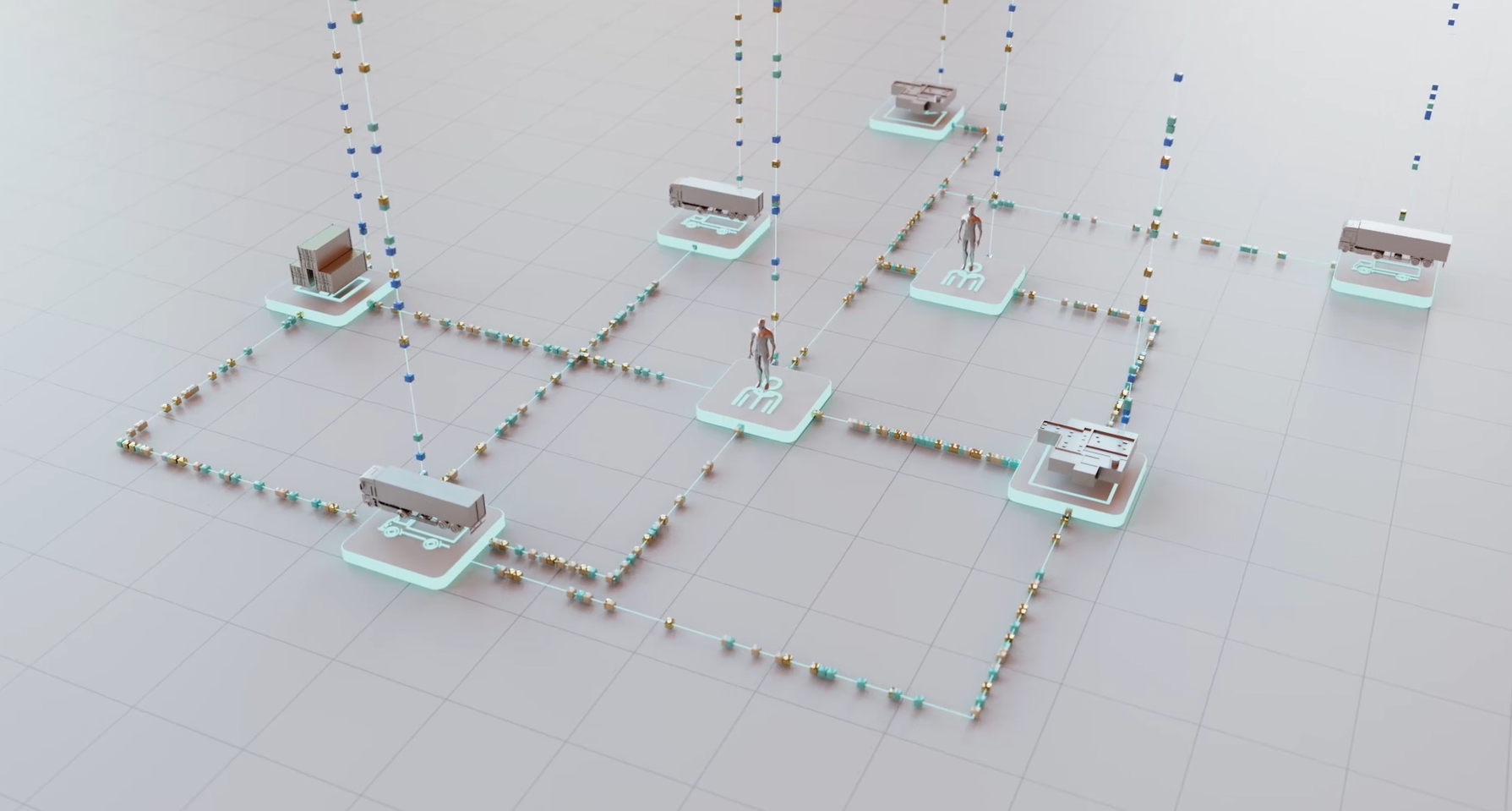
Our five focused businesses
As the world gravitates towards carbon neutrality, we will need to be able to address a market centred around two large clusters:
- Electric mobility and software on one side;
- Hybrid and ICE technologies on the other.
ICE & Hybrid vehicles will still represent up to 50% of passenger cars sales worldwide even by 2040. Developing efficient technologies in that field remains key for the future of any Global OEM.
To meet this objective, Renault Group is bringing together its mechanical engineering and manufacturing business in a new entity called Horse.
Renault Group and Geely: creating a world leader for powertrain technology

This dedicated business will design, develop, produce, and sell all ICE and hybrid low-emission powertrain components and systems with state-of-the-art technologies. They will equip thermal and hybrid cars with the best technology available on the market, and contribute to more sustainable mobility.
Through this partnership, Renault Group and Geely will join forces to offer their customers a complete portfolio of technologies for ICE & hybrid passengers cars and future alternative fuels, while doubling doubling their market reach.Nissan and Mitsubishi Motors - as members of the Alliance - will become customers of this new entity.
The project in 3 figures
Employees on 3 continents
R&D centers
Production plants
Renault Group has created with Ampere an independent entity designed to lead European race for electric mobility in terms of competitiveness and technology. Ampere will design, engineer, manufacture and market under the Renault brand all-electric passenger cars that people can afford. It combines the best of both worlds – the know-how, strength and legacy of Renault Group with the agility of an innovation-driven organization that solely focuses on electric vehicles. Genuinely unique, it is packed with:
- State-of-the-art technologies built along 15 years of Renault leadership in European EV market, including 2 BEV native platforms.
- Outstanding software capabilities, proven by one of the best infotainment systems in the market.
Based in France, Ampere will be a full-fledged OEM and will drive innovation with around 11,000 employees -35% of whom are engineers. Sustainable by design, Ampere is established with a plan to embed ESG principles throughout its value chain - in the products and services developed by the company, as well as in its processes, promoting a circular economy with low carbon emissions.
To get started: 4 cars by 2025
Ampere will be the key to boost the Renault brand and usher it into the new era of electric and connected vehicles, driven by Renault brand 98% awareness and field presence with 4,700 dealerships all over Europe.
It will provide the technology and organisation to turn Renault into an all-electric brand in Europe by 2030, and support Renault Group’s aim to achieve carbon neutrality in Europe by 2040 and worldwide by 2050.
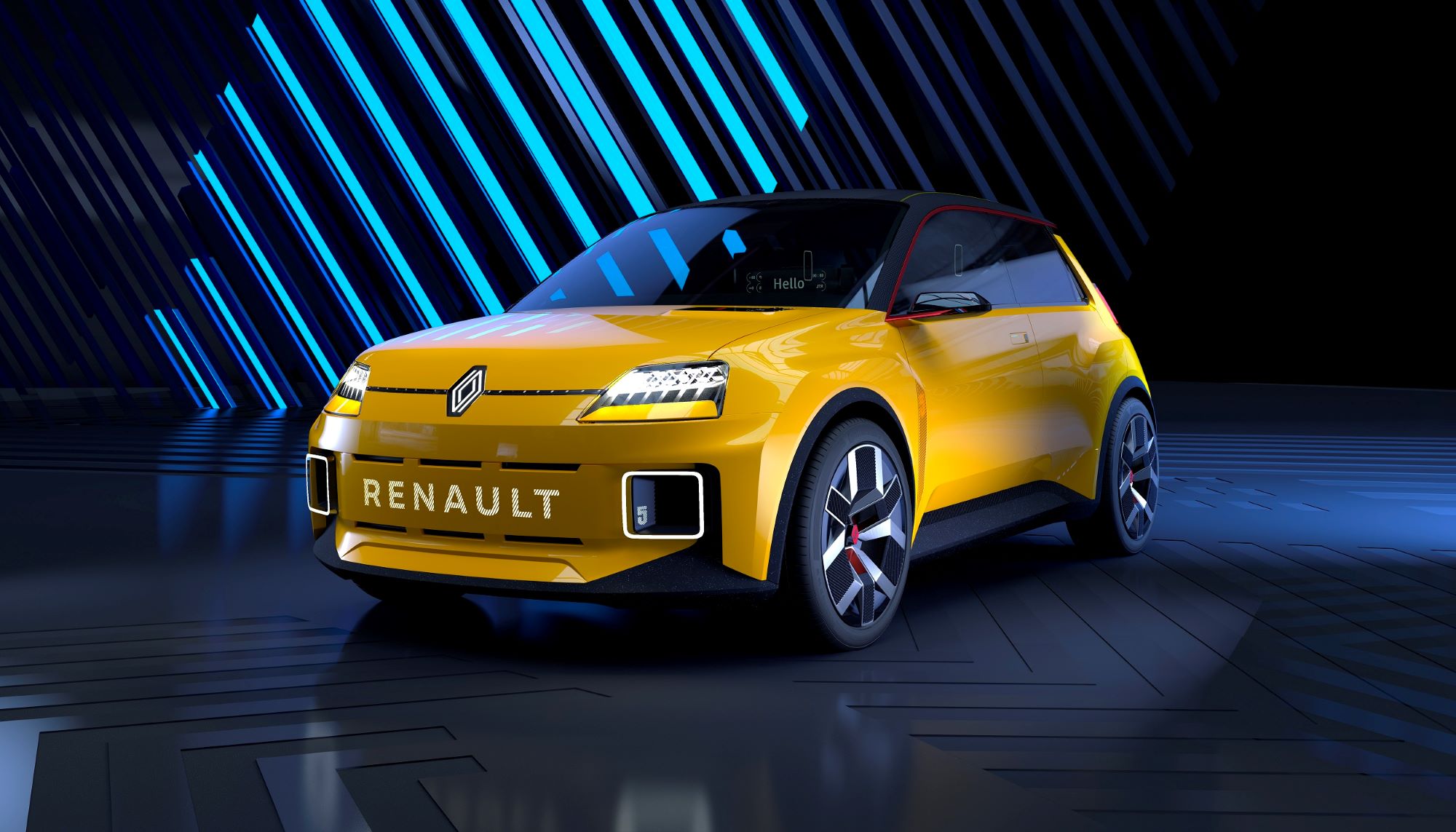
Ampere will tender a first line-up of 7 electric vehicle models: Renault Scenic E-Tech electric and Renault Megane E-Tech electric, soon followed by the future Renault 5, Renault 4 and Twingo E-Tech electric, will embark the next generation of electric technology. With two more innovative EVs to come in the following years.
The entity will offer a revamped customer journey “tailor-made” for electro-mobility: the choice to go digital or physical; a smooth charging experience with a dense European network; an increased residual value thanks to full lifecycle management and SDV upgradeability.
Ampere is a growth story, shooting for +30% compounded annual revenue growth rate (CAGR) between 2023 and 2031. With 80% of its investments already behind for the first 4 vehicles, it targets free cash-flow breakeven as early as 2025, and 10%+ operating margin in 2030 onwards.
Renault Group will remain Ampere’s majority shareholder.
As part of the strengthening of the partnership between the Renault-Nissan-Mitsubishi Alliance members, Nissan announced in February 2023 its intention to invest up to 15% in Ampere, with the aim to become a strategic investor and to accelerate new business opportunities in Europe.
Headed by Luca de Meo, CEO Ampere, the entity relies on a multi-skilled leadership team that brings together people from within Renault Group as well as further beyond in the automotive industry, and international tech companies. To know more about Ampere’s executive team : here.
1 million electric vehicles produced by the Renault brand by 2031.
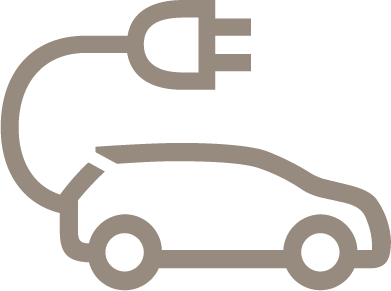
ElectriCity started up in 2021 and is a unique manufacturing ecosystem in France. with a 400,000 units capacity its roadmap aims to reach 1 million units capacity. It encompasses the plants in Douai, Maubeuge and Ruitz, which have been active in northern France for more than 50 years. It also draws on mechanical expertise at the plant in Cléon to manufacture powertrains.
ElectriCity’s competitive edge comes from its comprehensive electric mobility ecosystem, which brings together research centres, universities, startups and suppliers with cutting-edge expertise. With 75% of suppliers within less than 300 kilometers, this will ensure reactivity, cost-efficiency, and unmatched carbon footprint.
ElectriCity will push manufacturing productivity at the best levels, reaching less than 10 hours production time per vehicle.
Key figures:
- 480,000 electric vehicles a year by 2025
- 40% cost reduction on a car-by-car basis in the next vehicles generation by 2027
- 75% of suppliers within a 300 km radius
- Plants aiming for net carbon neutrality in 2025
Ampere provides outstanding EV value chain coverage thanks to a unique ecosystemic approach, from 10% in 2019, to 30% in 2022, to 80% in 2030.
Ampere can rely on key partners in the electric vehicle value chain:
- Vulcan, Terrafame and Managem to supply raw materials. These partnerships cover almost two-thirds of the lithium we require for high-performance chemicals, 60% of our nickel and 55% of our cobalt. They all come from sources that comply with the requirements in our sustainable development policy;
- Verkor and Envision to manufacture batteries in France (gigafactories in Douai and Dunkirk);
- Minth for battery boxes;
- Valeo and Whylot for electric motors. Through this partnership, Ampere will notably become the first equipment supplier to mass-produce a 200 kW motor without rare-earth materials, by 2027;
- Vitesco Technologies and STMicroelectronics for power electronics.
This value chain coverage will make it possible to:
- Explore current and upcoming battery technologies from sodium ion to solid state.
- Reach around 90% battery-to-wheel e-powertrain efficiency.
- Lower parts diversity by around 30%.
The fact that most of our supply chain is in Europe also contributes to our decarbonisation objectives.
By 2030, 40% of the car’s value generation will come from software in 2030, against 10% today. Software-defined vehicles will evolve non-stop – and get better every day:
- Upgrading cars throughout their life cycle will increase their residual value.
- Customers will remain connected to after-sales systems throughout their vehicle’s life.
- Software-defined vehicles are opening up new prospects: with their innovative, cost-efficient, and open architecture they will enable savings in R&D and generate new revenue streams, especially from new connected services.
The first entirely software-defined vehicle will be on roads in 2026, and be a Renault brand car. It is currently being developed with technology partners including Qualcomm and Google.
With Qualcomm Technologies, teams are co-developing high-performance computing platforms leveraging on Snapdragon Digital® Chassis™ solutions for the Centralized Electronic Architecture. This includes System on Chip and low layers software in addition to features, in-car services and applications.
With Google, the collaboration includes an Android-based platform for Software‑Defined Vehicle which is already available on Megane E-Tech Electric and All-New Austral. Going one step further, beyond infotainment, the partnership includes the co-development of a genuine automotive operating system based on Android Automotive.
After two years into the Renaulution plan, the Alpine brand is in a great place:
- Stepping into Formula 1 has boosted brand recognition;
- Its sales have doubled.
We have breathed new life into the brand.
Moving forward, Alpine is aiming to:
- Offer an all-electric line-up starting in 2026;
- Grow internationally, principally with its five upcoming cars: the new A110 and models in the B, C, D and E segments.
Alpine is striving for profitable and enduring growth with a one-of-a-kind business model: it operates as a standalone startup.
Its organisation is therefore agile, and it has its own in-house technological capabilities:
- Alpine has all the skills to develop its chassis as well as hybrid and electric power units;
- It has its own plant, the Manufacture Alpine Dieppe Jean Rédélé, which has unrivalled expertise in best-in-class highly customised vehicles.
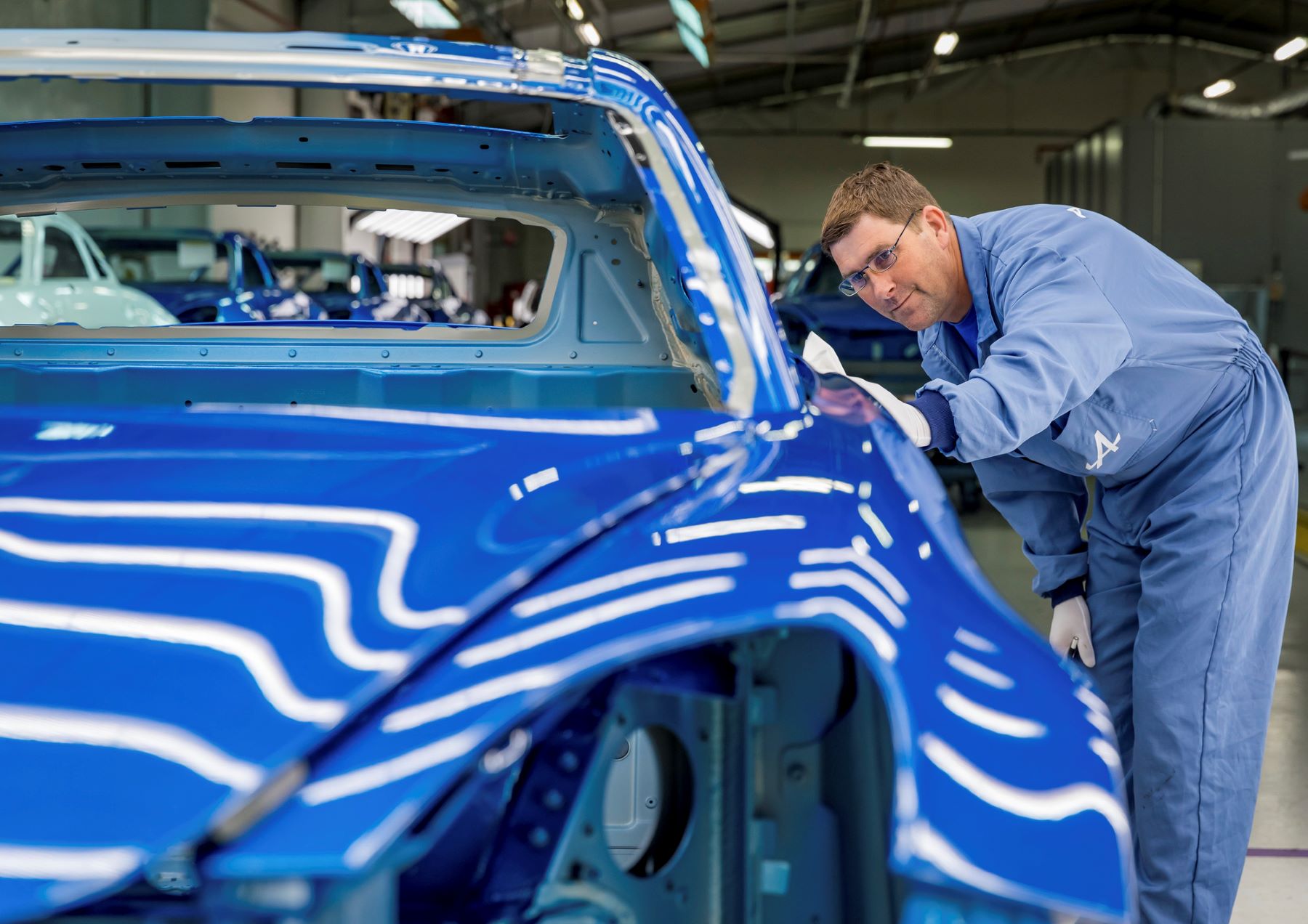
Meanwhile, the Alpine F1 teams are focused on their goal: to be in a position to win the Formula 1 world title by 2026.
New mobility services are one of the main opportunities arising from the shakeup in the automotive sector.
The European market for financing, mobility and energy services is expected to double in value between 2022 and 2030. Mobilize is tasked with tapping into these opportunities.
The brand combines financial services, mobility services, energy services and data-based services in a one-stop shop to meet the needs of private customers, fleet operators and mobility companies.
The brand can count on a number of assets:
- Mobilize Financial Services is one of the best financial services providers on the market with 4 million of customers;
- A comprehensive and exclusive vehicle line-up;
- Support from the Software Republique to take on the challenges surrounding new kinds of mobility;
- The Group’s network, which will enable it to bundle maintenance fast tracks into its range of mobility services;
- Refactory, to give the vehicles more than one life and thereby maximise revenue throughout their life cycle.
What puts Mobilize in a class of its own is its focus on the service rather than the product. With its VaaS (Vehicle as a Service) model, Mobilize will generate three times more revenue during a vehicle’s life cycle than it would simply selling vehicles.
We see shrinking our environmental footprint as a lever to enhance performance in everything we do, everywhere.
This is what The Future Is NEUTRAL, the first company spanning the full circular economy value chain in the automotive sector, is all about: it helps all players in the industry move closer to resource neutrality by using more recycled materials to make new vehicles.
This new entity provides closed-loop recycling solutions at every stage in a vehicle’s life, across sourcing parts and raw materials to production and on to use and the end of the vehicle’s life.
From around 50% of value chain coverage today, The Future Is NEUTRAL aims to reach above 90% by 2030. It is set to become the European leader at industrial scale in the closed-loop automotive circular economy. It will service Renault Group as a well as the entire industry. In order to accelerate its development and strengthen its leadership, The Future Is NEUTRAL is opening up a minority of its capital to outside investors with the objective of to co-finance investments of around €500 million until 2030.
Objectives by 2030
Operating margin by 2030
Free cash-flow per year over 2026-2030
Employees shareholdings by 2030
